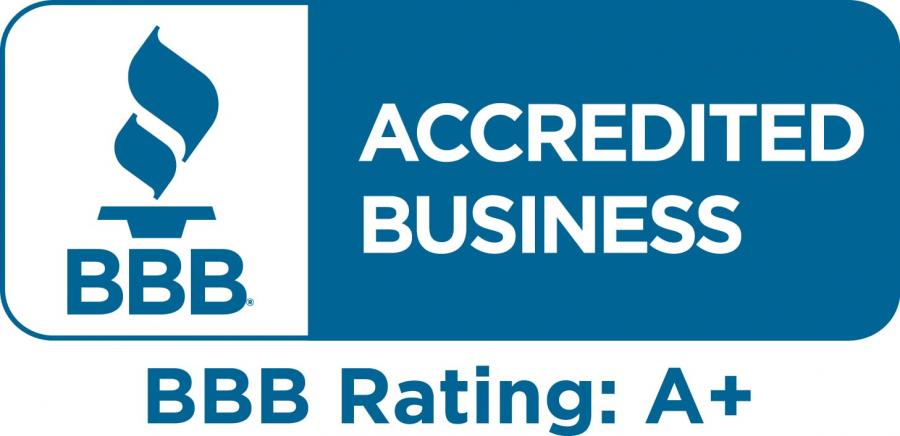Moving is so not fun. Well, it’s exciting because you get a fresh start in a new house, sometimes in a new city or state. But the actual process of moving is tedious, and at times overwhelming. You have to set up new utilities, change you information on your driver’s license and with businesses that take your money (rude). You may need to find a new doctor or pediatrician, which means getting copies of all your medical records and transferring them over. Then there’s the actual moving. This involves packing, getting rid of stuff, and transporting it from the old house to the new. It’s completely understandable why you would want to hire movers. They take care of the boring stuff for you. The back-breaking labor of getting that giant sectional out of your tiny front door, into the new tiny front door and in its new home.
But, just like with any service, you want to know that you’re getting the best possible team of professional movers to help you in this stressful time. The last thing you want on moving day is to have to deal with a set of movers that aren’t what you thought they would be. Well, consider yourself saved. We’re here with a set of questions to pose to potential moving companies that will ensure you hire the right people for the job.
Rates
Obviously, you want to be crystal clear on the rate, as well as what it includes. How many movers will be helping that day? Does the rate include packing as well as moving, or is the packing responsibility left up to you? Can you reduce the rate by packing yourself? Are you paying mileage for gas in the rates quoted? Does the rate include tip? How many hours will you have your movers, if it’s just across town? For cross-country moving, does the rate include hotel expenses for your movers? Get as detailed an account as you can of what exactly you’re paying for.
Insurance
What is it? Moving companies are not allowed to sell you any insurance, but they are obligated to provide some type of insurance along with their service. Released value protection is the bare minimum. It won’t cover the full cost of any lost or damaged item, but they typically cover between $0.30 and $0.60 per pound of an item. If your company provides Full Value Protection, they maintain liability for your belongings including repairs, replacement, or reimbursement for the current market value of the broken piece. Even with full value protection some items still won’t be covered; items that qualify as being of extraordinary value.
As there is no federal regulation for what movers must include in their insurance beyond released value, the terms and conditions are specific to each company. Ask your moving company what is included in their insurance, the cost for extra insurance, as well as any loopholes included in their contract. Sometimes, when you pack your own belongings it releases the moving company of liability for broken items. If this is the case and you’re thinking of saving a few bucks by packing yourself, you might want to reconsider this option for better protection during the move. Oftentimes, no one intends to break your personal treasures, but accidents happen and that’s the point of insurance.
If you’re still not satisfied with the insurance offered by your moving company, you can opt to buy extra insurance from a third party. These third party companies actually work with moving companies, but because movers aren’t allowed to sell you insurance, these guys step in to cover the rest of your needs. But before you jump the gun on this option, check with your renters or homeowners insurance. Your policy and plan may already cover moving insurance. Without federal regulations, these details definitely change from state to state, so do your research and come to the conclusion that’s right for you.
Details
Once you’ve chosen and hired your movers it’s time to discuss the gritty little details. When can you expect their arrival? When can you expect to shove off to the new house? You’ll also want to have the proper contact information for your movers and a plan of action should you get separated. For in-state or city moves, this most likely won’t happen. Larger cross-country moves, though, it’s vital to both your security and sanity that you have a designated meeting point and chain of communication should you be separated along the way. With cell phones, it shouldn’t be too hard to coordinate these details, but you never know when someone’s going to forget their car charger and run out of battery. Better safe than sorry.
Hiring movers is a huge bonus if you can swing it. They take the brunt of the work and stress off your hands. As with any business, though, you want to know you’re giving yours to the right people. With these inquiries you can be sure that you’re set up for success and stress-free on your big day.




